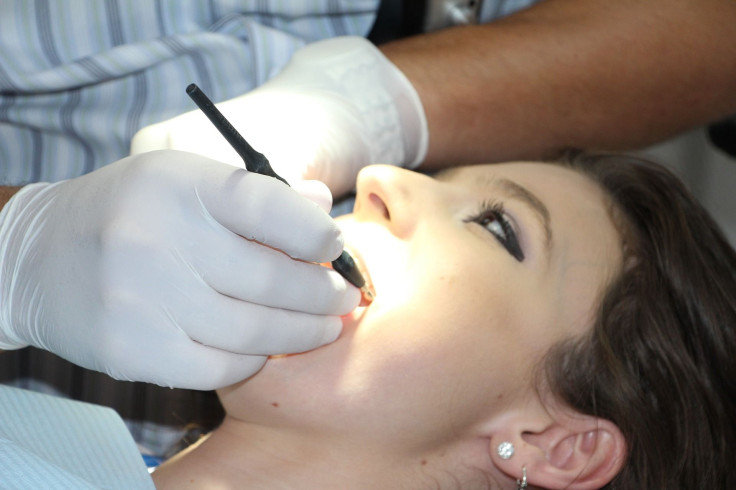The Chinese Herb That Fights Cavities Naturally

A special herb might be able to prevent cavities and stop people from having to go to the dentist.
Scientists have found an ingredient in the herb called Chinese gall (scientific name Galla Chinensis) that works to prevent tooth decay and then boosted its power, what could potentially be the first step toward natural anti-cavity products people could use to protect their choppers. The herb works because that active ingredient stops bacteria from producing the kind of acid that decays teeth and leads to cavities, according to a study in The Open Dentistry Journal.
The herb also makes teeth hardier in the face of acids, so they don’t break down as easily. That happens through mineralization of the tooth.
“To maintain a healthy mouth, the oral environment must be relatively neutral,” according to journal publisher Bentham Science Publishers. “When the environment in the mouth becomes more acidic, dental cavities or other disorders may develop.”
According to the statement, the herb itself also has applications outside of dental care — it can work as an antioxidant, an antidiarrheal treatment and an antiviral agent, among other uses.
The scientists, who are from the West China School of Stomatology and the Academic Center for Dentistry Amsterdam, made their find when they used a mass spectrometer to separate different ingredients from the Chinese gall and then tested those ingredients for their antibacterial value. The team also looked at how the ingredients would prevent a tooth from demineralizing.
Although fluoride plays a big role in cavity prevention, with the natural mineral strengthening the tooth’s outer surface called the enamel, additional methods of stopping tooth decay and giving the mouth help in resisting acids could help a lot of people.
Currently dental patients receive fluoride treatments during appointments, and in the U.S. fluoride is added to public water supplies. Putting fluoride into the water “keeps teeth strong and reduces cavities (also called tooth decay) by about 25 percent in children and adults,” the Centers for Disease Control and Prevention say.
Now more anticavity help might be on the horizon.
“With these new findings, the research team is working with the industry to develop new oral care products,” the publisher said.



























